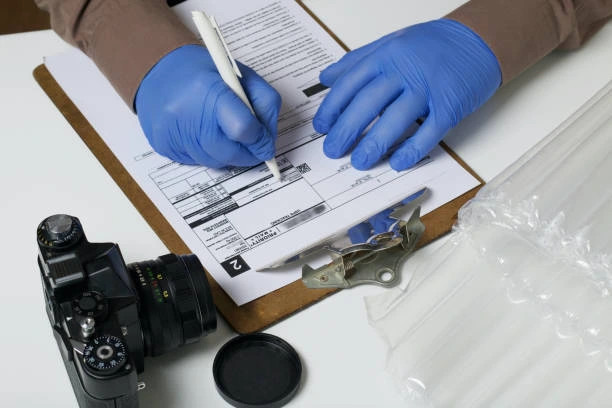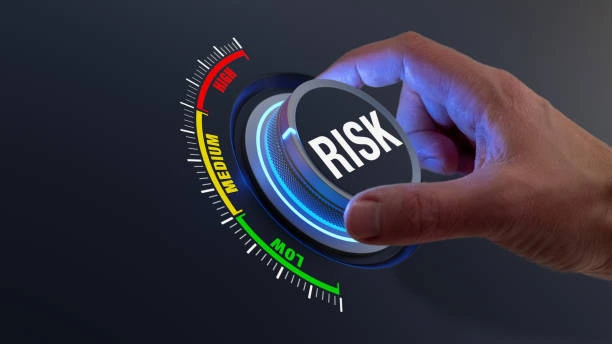Course Overview
This 5-day course provides a comprehensive understanding of forensic accounting and fraud examination, focusing on identifying and investigating financial crimes. It offers insight into the methodologies and tools used to detect fraud, including forensic data analysis, legal frameworks, and the role of forensic accountants in litigation. Participants will engage in case studies, hands-on workshops, and practical applications to develop the skills necessary for identifying red flags, analyzing financial records, and presenting findings in legal contexts.
Course Duration
5 Days
Who Should Attend
- Accountants and auditors
- Financial analysts and controllers
- Internal and external auditors
- Compliance officers
- Legal professionals involved in financial litigation
- Risk management professionals
- Law enforcement officers specializing in financial crimes
Course Objectives
By the end of this course, participants will:
- Understand the principles and practices of forensic accounting.
- Learn the techniques and methodologies used in fraud examination.
- Develop the ability to detect and investigate various types of financial fraud.
- Gain insights into the legal and ethical considerations in forensic accounting.
- Enhance skills in analyzing financial statements and identifying anomalies.
- Familiarize with the tools and technologies used in forensic investigations.
- Learn how to document and report findings effectively.
- Understand the role of forensic accountants in litigation support.
Course Outline:
Module 1: Introduction to Forensic Accounting and Fraud Examination
- Overview of forensic accounting
- Types of fraud and common schemes
- The role of a forensic accountant
- Legal and ethical considerations
Module 2: Fraud Detection Techniques
- Financial statement analysis
- Identifying red flags and anomalies
- Analytical procedures and ratio analysis
- Case studies on detecting fraud
Module 3: Investigative Techniques and Tools
- Interviewing and interrogation techniques
- Gathering and preserving evidence
- Digital forensics and data analysis tools
- Case studies on investigating fraud
Module 4: Legal Aspects and Reporting
- Legal framework for fraud examination
- Preparing reports and documentation
- Testifying as an expert witness
- Case studies on litigation support
Module 5: Prevention and Mitigation Strategies
- Developing anti-fraud policies and controls
- Risk assessment and management
- Creating a fraud response plan
- Best practices for fraud prevention and deterrence
Customized Training
This training can be tailored to your institution needs and delivered at a location of your choice upon request.
Requirements
Participants need to be proficient in English.
Training Fee
The fee covers tuition, training materials, refreshments, lunch, and study visits. Participants are responsible for their own travel, visa, insurance, and personal expenses.
Certification
A certificate from Ideal Sense & Workplace Solutions is awarded upon successful completion.
Accommodation
Accommodation can be arranged upon request. Contact via email for reservations.
Payment
Payment should be made before the training starts, with proof of payment sent to outreach@idealsense.org.
For further inquiries, please contact us on details below:






